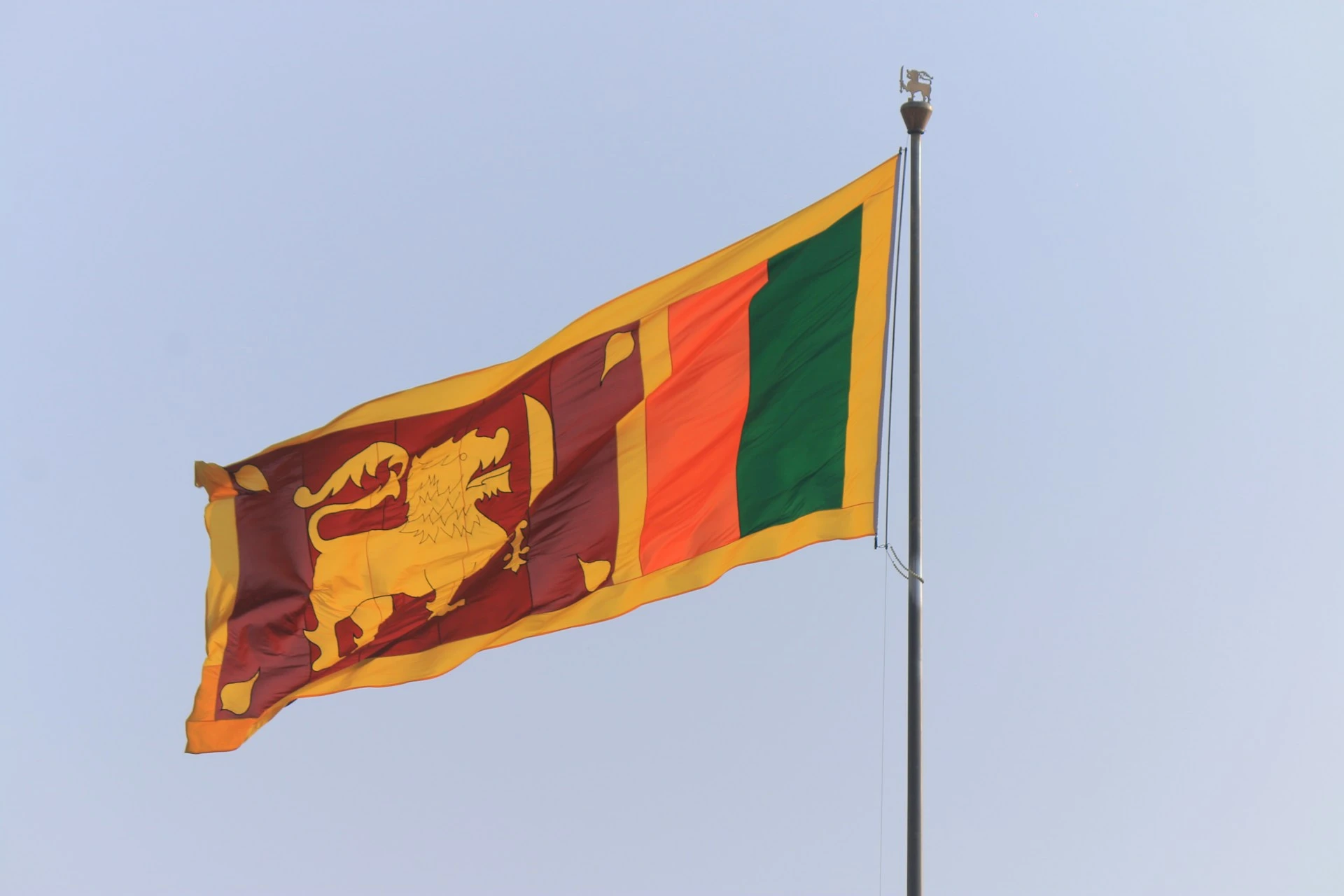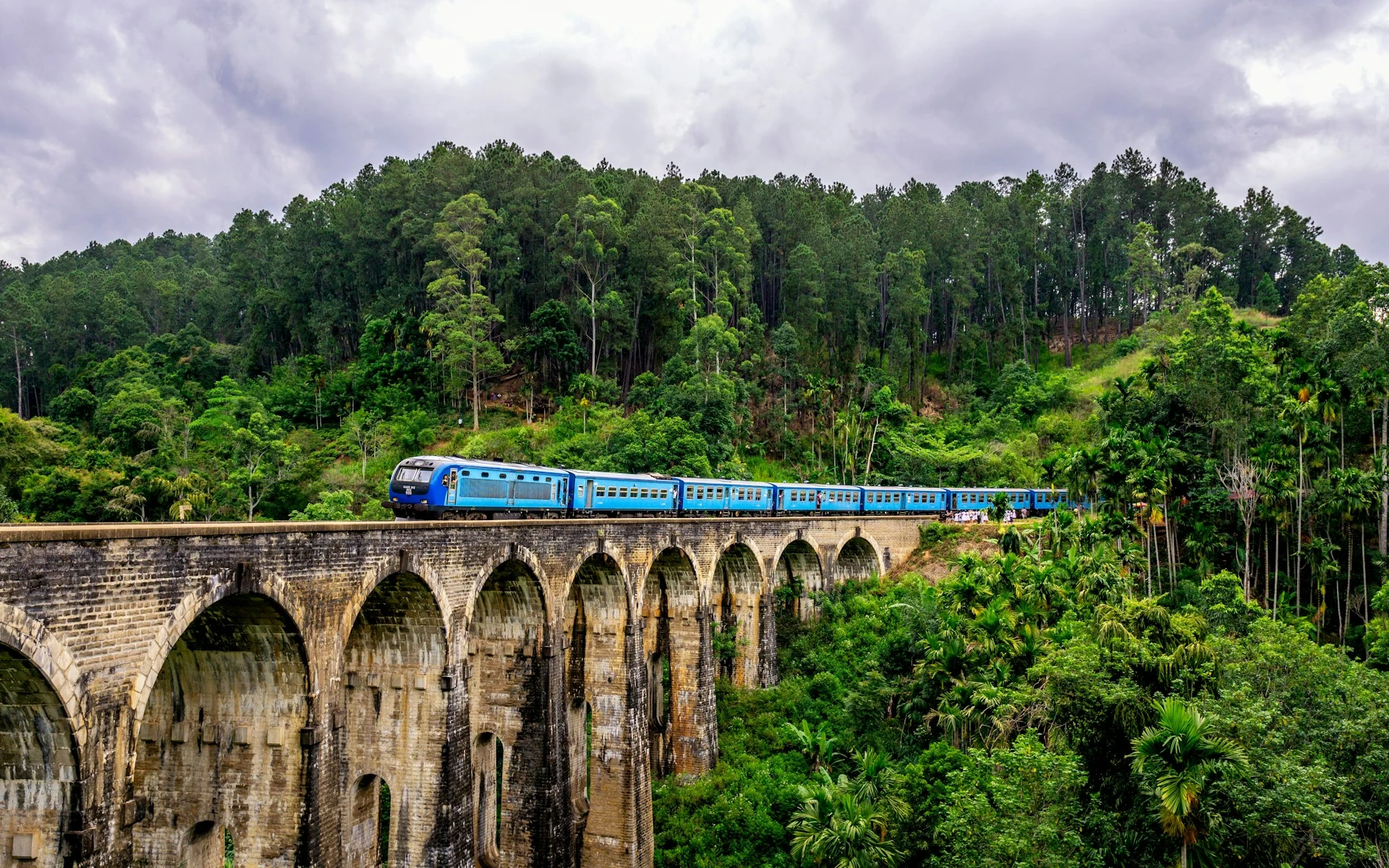Sri Lanka eVisa: Application Process & Fee Details


Planning to visit Sri Lanka soon? Before you pack your bags, you’ll need to sort out your Sri Lanka eVisa. This document, officially known as the Electronic Travel Authorization (ETA), is the easiest way for foreign nationals to enter Sri Lanka legally for short stays.
Whether you’re flying in for a beach holiday, attending business meetings, or even joining cultural dance events or conferences, the process is mostly online and straightforward.
Many travelers ask: Do US citizens need a visa for Sri Lanka? Yes, they do. The same applies to most visitors, except for a handful of visa-free countries. But don’t stress—it’s a quick online process managed by the Department of Immigration & Emigration in Colombo.
In this guide, I’ll break down the application process, requirements, fees, and even the small details like double entries and connecting flights, so you don’t miss a thing.
What is the Sri Lanka eVisa (ETA)?
The Sri Lanka eVisa, officially known as the Electronic Travel Authorization (ETA), is an online travel document that allows eligible travelers to enter Sri Lanka without visiting an embassy. Instead of waiting in long queues, you can complete a short online application, pay the required fees, and receive an approval notice by email. With this notice, travelers are permitted to arrive through any recognized port of entry, including Colombo Airport, Mattala, or the seaport.
The ETA is valid for six months from the date of issue, but the standard stay is up to 30 days per visit. If needed, you can apply for an extension through the Department of Immigration. It is used by tourists for leisure travel, and by business visitors attending meetings, workshops, or conferences.
Who Needs a Sri Lanka eVisa to Enter the Country?
Most foreign nationals are required to get an ETA before they arrive. Common questions include: Is Sri Lanka visa free for Indians? No, Indian citizens also need to apply, but the process is simple and affordable. Only a few diplomatic passport holders or travelers from visa-exempt countries are exceptions.
This requirement applies to:
- Tourists visiting for leisure, culture, or music and art festivals.
- Business persons attending conferences, head office meetings, or trade fairs.
- Transit passengers catching a connecting flight through Colombo.
Even children need their own applications, though some age-based concessions may apply. Always check the government website for the latest requirements.

Step-by-Step Sri Lanka eVisa Application Process (Department of Immigration Guide)
Applying online is fast, but each step matters. Here’s the process:
- Visit the official website of the Department of Immigration in Sri Lanka.
- Fill out the application form with your passport details, travel dates, and purpose of visit.
- Upload required documents: passport copy, return ticket, and proof of accommodation.
- Pay the visa fee securely online using a card. The service charge is non-refundable.
- Submit the application and wait for the approval notice via email.
- Present your ETA when you arrive at the border, along with your passport.
If you’re wondering, How far in advance can I apply for a Sri Lanka ETA? you can do so up to 90 days before travel, but applying at least 2 weeks before departure is safest.
Sri Lanka eVisa Fees and Payment Details
The fees vary depending on the purpose:
Visa Type | Fee (Approx.) | Validity | Entries |
|---|---|---|---|
| Tourist ETA | USD 50 | 30 days | Double entries |
| Business ETA | USD 55 | 30 days | Double entries |
| Transit ETA | Free / nominal | 2 days | Single entry |
Payment must be made online. Travelers can pay with cards in USD. Always keep proof of payment, as the immigration department may request it. If your card is stolen or declined, you’ll need to contact the authorities or try again.
Key Requirements for the Sri Lankan eVisa Application
Before you apply, make sure you meet the Sri Lanka visa requirements:
- A valid passport with at least 6 months’ validity.
- A confirmed return ticket or proof of onward travel.
- Proof of hotel booking or local contact details.
- Sufficient money to cover your stay.
Applications missing documents may be rejected. Keep in mind, prohibited activities such as working or seeking admission into local jobs are not allowed under this visa.
Extension and Overstay Rules
The initial Sri Lanka eVisa (ETA) permits a stay of 30 days, which is usually enough for short holidays or quick business meetings. However, if you wish to remain longer, you can apply for an extension at the Department of Immigration and Emigration in Colombo.
With official approval, your stay can be extended to 90 days, and in some cases especially for business purposes or special events permission may be granted for an even longer duration.
It’s important to note that overstaying without permission is taken seriously. Travelers may face daily fines, delays during departure, and even restrictions on future entries into the country.
To avoid problems, always monitor your visa dates carefully and submit your extension request well before your authorized stay expires.
Pros and Cons of the eVisa System
Pros | Cons |
|---|---|
| Quick online process | Non-refundable fees |
| Available to most foreign nationals | Must reapply for new trips |
| Covers tourism, business, and transit | Strict rules on prohibited activities |
| Multiple entry options (tourist/business) | Double entries only, not unlimited |
Special Cases: Groups, Business, and Events
Not every traveler fits the standard tourist profile, and the Sri Lanka eVisa has specific rules for groups, businesses, and those coming for cultural events.
Groups: Large tourist groups can each submit individual ETA applications, but in practice, tour operators often manage the process on behalf of travelers. This ensures applications are submitted correctly and reduces delays at arrival ports.
Business: If you are traveling for business meetings, workshops, or professional conferences, you must apply for a business ETA. While this visa allows you to attend head office meetings and formal educational institutions collaborations, it does not permit you to take up paid employment in the country.
Events: Tourists planning to participate in cultural activities like dance events, music shows, or fine art exhibitions should still apply under the tourist ETA category. These visits are recognized as leisure purposes, even if you’re presenting or performing.
Safety, Police, and Immigration Checks
When you arrive in Sri Lanka, immigration officers will carefully check your approval notice, valid passport, and sometimes even your return flight details or proof of accommodation. These checks are routine and ensure that all foreign nationals follow the entry rules set by the Department of Immigration.
During your stay, the police or other authorities may also request to see your documents, especially if you are traveling between cities or attending large events. For this reason, always keep both digital and printed copies of your ETA, passport, and other important travel papers.
If your documents are lost or stolen, report the incident immediately to the nearest police station and inform your country’s embassy or consulate in Colombo. Quick reporting helps avoid fines, delays at departure, or complications with future entries.
Conclusion: Visit Sri Lanka with Confidence Using the eVisa
The Sri Lanka eVisa is a reliable way for travelers to visit Sri Lanka without embassy delays. It’s convenient, fast, and managed by the Sri Lankan Department of Immigration with clear rules. From tourists enjoying beaches to professionals attending business events, the ETA makes travel smoother.
The key is simple: apply early, check the requirements, pay the correct fees, and carry your approval notice. That way, your arrival in this stunning island destination will be stress-free, leaving you free to enjoy the culture, history, and natural beauty Sri Lanka is famous for.